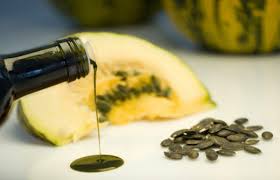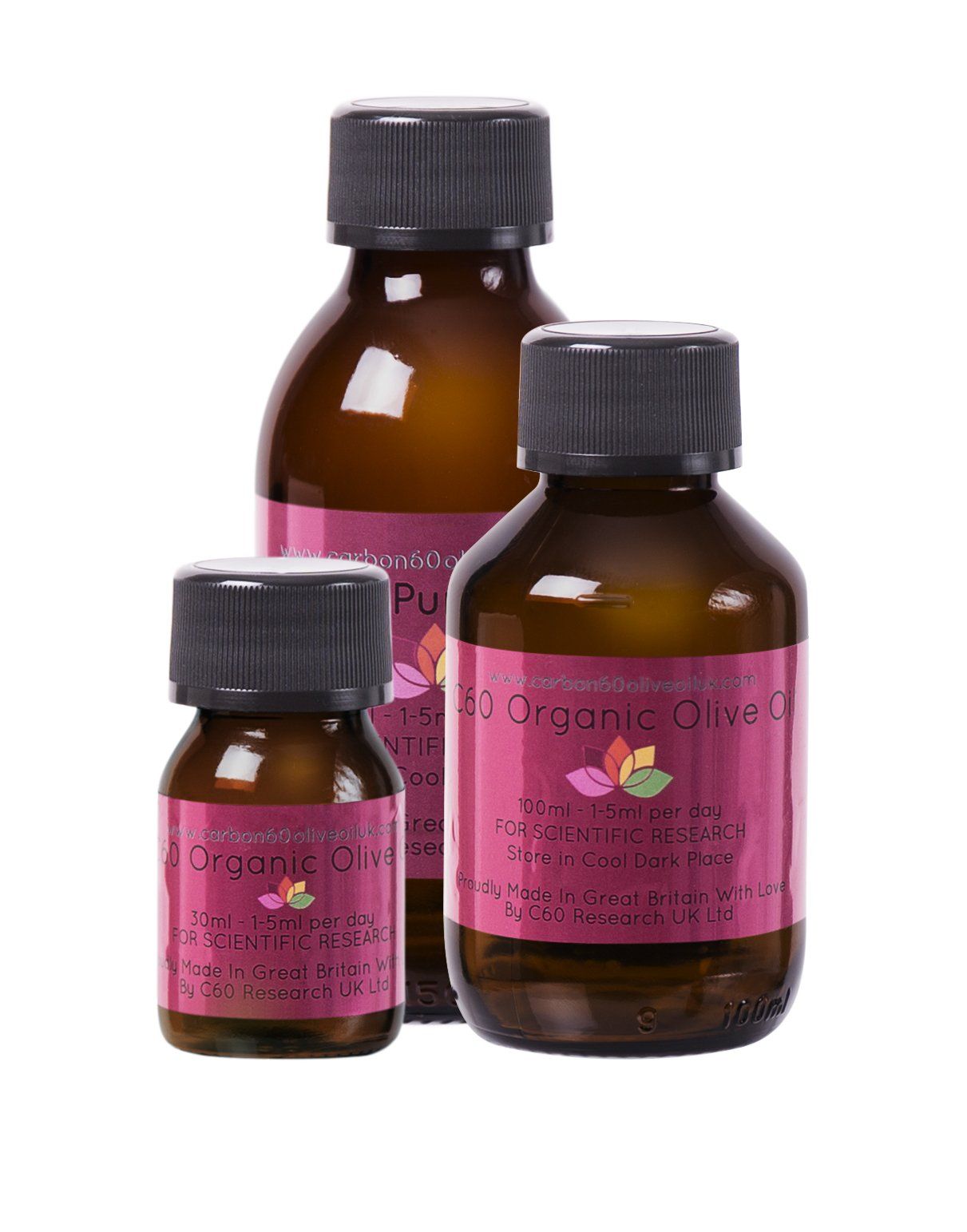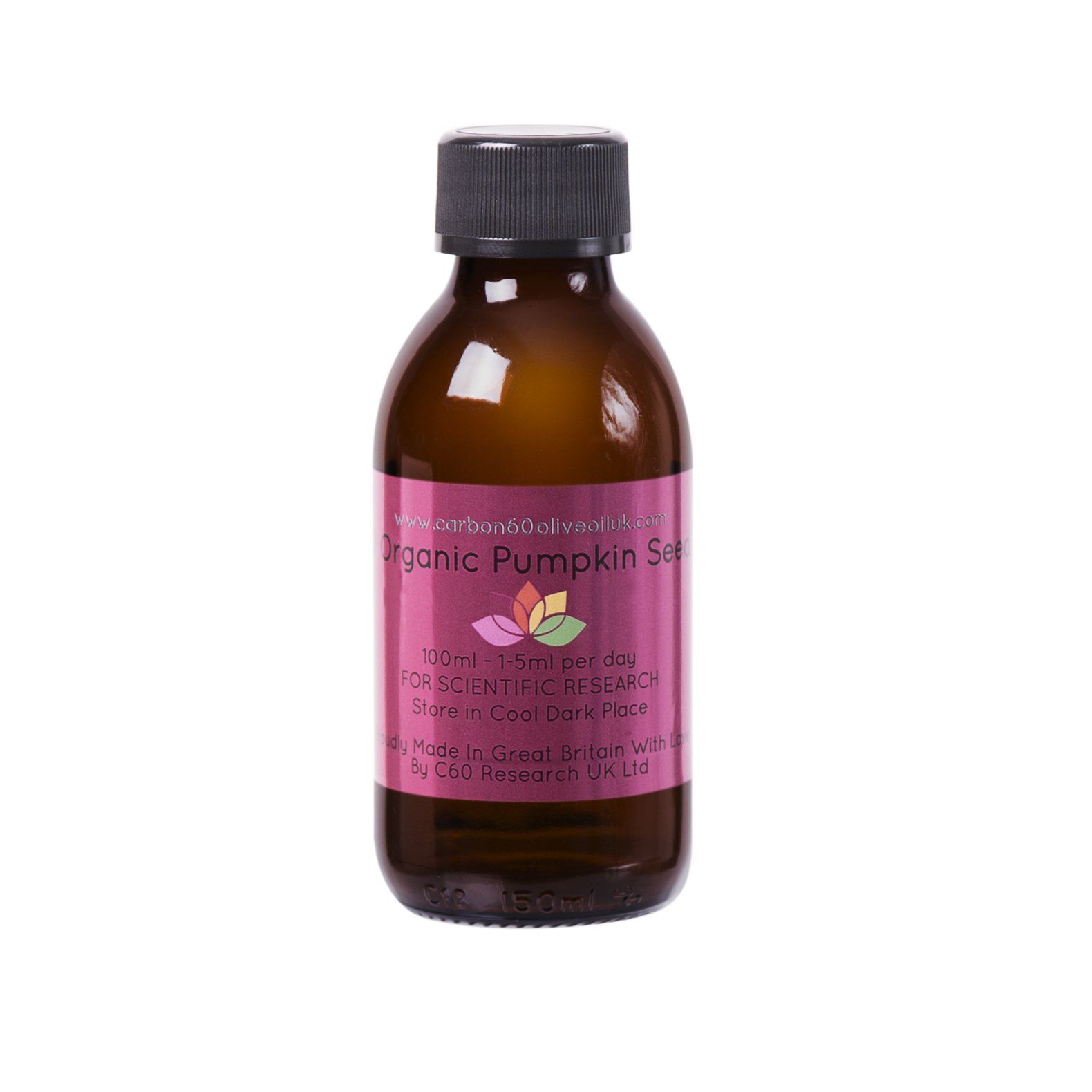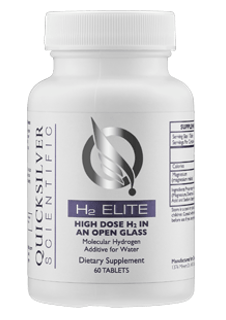Phone Line Orders.
Leave a Message if no answer:
+44 07784 152363
C60 Oils – The Good, The Bad, and The Ugly
- by RJW
- •
- 28 Oct, 2018
- •
C60 Oils - The Good, The Bad, and The Ugly

We have carried out research and consulted with different scientists and our findings are that the biggest downfall to most of the research and scientific views of the research community is that they have no comprehension of natural edible oils. There is a lack of understanding in the difference of quality, refinement, the type of oil and how it is produced. This is VITAL to the health benefits when combined with Carbon 60 - especially when ingested.
More worrying still is the amount of C60 manufacturers that have now popped up with little or no understanding at all about edible oil. Some are creating blends that would be toxic to the body due to the molecular structure of the oil being used. With little understanding of how oil oxidises in the presence of air and light, some consumers could be buying rancid and highly toxic C60 Oil. Most of these new producers are misguided into believing it is all about the Carbon 60 and this is simply not the case. The little research that has been carried out into Lipofullerenes shows that the oil does play an important role.



Sunflower Oil’s Risks:
Sunflower oil is first and foremost a high-calorie edible oil, with about 120 calories in a mere tablespoon of serving. Add to this the fact that sunflower oil either lacks in or is completely devoid of crucial vitamins and minerals. Though it does contain vitamins E and K, it does not have any zinc, calcium, magnesium, manganese, copper, or selenium in it. So taking even small amounts of this edible will already eat into a big proportion of your daily recommended caloric intake, without at all providing you with other necessary nutrients.
Sunflower oil, though extracted from a plant source, is noticeably without phytosterols in it. Phytosterols are lipid-like compounds that have been proven to play a vital role in combating oxidative stress. Phytosterols have been found to decrease the levels of low-density lipoprotein (LDL) cholesterol, the so-called bad cholesterol, in the blood as well.
Sunflower oil has considerable pro-inflammatory omega-6 fatty acids content and very little of anti-inflammatory omega-3 fatty acids. And even if it does contain some trace amounts of alpha-linolenic acid (ALA), a type of omega-3, regular oral administration of sunflower oil has not shown to increase ALA levels, as was established in a Peru-based study on human subjects.
Sunflower oil consumption appears to negatively affect insulin and white blood cell levels as well. In a Spain-based study conducted on aged rats fed for life with sunflower oil, the latter’s levels of insulin doubled, and their white blood cells were considerably increased as well, as compared to aged rats that were given life-long with olive oil. Though studies on this edible oil’s effect on insulin and white blood cells on humans are absent, individuals with prediabetes or existing diabetes, as well as those with blood disorders, may do well to steer clear of sunflower oil altogether.
Sunflower oil’s lack of antioxidants may make it an unsuitable dietary supplement for treatment of age-related alveolar bone loss due to periodontal disease as well. Alveolar bone is where our teeth are. In another Spain-based study, rats were given n-3 polyunsaturated fatty acids (n3-PUFA) from fish oil, monounsaturated fatty acids (MUFA) from virgin olive oil, and n-6 polyunsaturated fatty acids (n6-PUFA) from sunflower oil. Those given fish oil and extra virgin olive oils had reduced bone loss, while those given sunflower oil exhibited advanced alveolar bone loss.
Lastly, sunflower, the source of this edible oil, is a known allergen. Individuals with known sensitivity to sunflower, as well as to ragweed, daisies, chrysanthemums, and marigolds should avoid sunflower oil at all costs. Cross-allergenicity may exist with mugwort and sagebrush pollen as well, and so individuals with allergies to these plants must steer clear of sunflower oil as well.
Most people consume way more omega-6 fats in their diet than omega-3 fats. Having a high omega-6 to omega-3 ratio may increase your risk of certain chronic diseases, including arthritis, asthma, cancer and heart disease, according to an article published in Experimental Biology and Medicine in June 2008. Sunflower oil contains 7 percent polyunsaturated fats, all of which consist of omega-6 fats. If you use sunflower oil, make sure to eat plenty of omega-3-rich foods as well, such as seafood, flax and walnuts. This makes C 60 and Sunflower Seed Oil and bad combination.Some of my clients who have had negative gastrointestinal reactions from C60 products have had them immediately clear up once they switch to a C60 product that has been produced using good quality oils. Many people have very adverse reactions to "Olive Oil" because what they are actually getting is seriously poor quality olive oil at best, and NOT olive oil at all at the worst. 95% of Olive oil sold in North America and in Western Europe is not 100% olive oil, but a blend of cheaper oils.

One oil that is beneficial for us to consume is Coconut oil or liquid Coconut oil, known as MCT oil. Coconut oil is a Medium Chain Triglyceride, hence the name MCT.
We were really excited to be researching C60 and Coconut oil whilst developing our own C60 Oils. However, rather disappointingly, what we learnt is that Coconut / MCT oil is not a good carrier for C60. Due to its low viscosity, the C60 would not suspend in the oil. Almost 60% of the C60 ended up at the bottom of our testing flasks after settling over a period of 2 weeks. This could mean that if you are buying C60 Coconut/MCT oil you are not getting 0.8 grams of C60 per litre. It would be more like 0.3 grams per 1 litre. Not sure if your C 60 oil is MCT or Coconut? Is it liquid at room temperature? Then its MCT. Those within our community that are using genuine Coconut oil and melting it to blend it with C60 are also reporting the same, that C60 will not suspend in the oil.
It is quite shocking to learn that there are now quite a few brands out there selling liquid coconut oil claiming it has 0.8-0.9mg of Carbon 60 per 1 litre oil. Do they have a secret formula for suspending the C60 in the oil? How would this be possible? Perhaps they are using an esterification technique like that used in making margarine? I doubt that they are and I would be very tempted to ask lots of questions of your supplier if you are buying C60 Coconut/MCT Oil. The chances are you are getting ripped off!
All oils have different heating and melting points and this will determine their suitability in various processes in food production. Not sure if you have C60 Coconut oil or MCT oil? Is it liquid at room temperature in the Northern hemisphere during the cooler months of the year? If so, you have MCT oil and probably an inferior C60 oil that you are paying over the odds for.
We have therefore decided not to go into further development of the C60 Coconut/MCT oil blend at this time as we do not wish to mislead our clients or waste Carbon 60 on oils that cannot hold the C60.
With so many great benefits to the two oils that we use in our production of C 60 Oils, it is a no brainer to continue to work and research the benefits of C60 Organic Olive Oils and the delicious Organic C 60 Pumpkin Seed Oil from Austria.
Our ethos is and always has been to produce C60 Oils of the highest quality at affordable prices for our customers. We will continue produce our C60 products with the Utmost Integrity and Love and further our research and knowledge of this remarkable combination of C60 and Oil.





